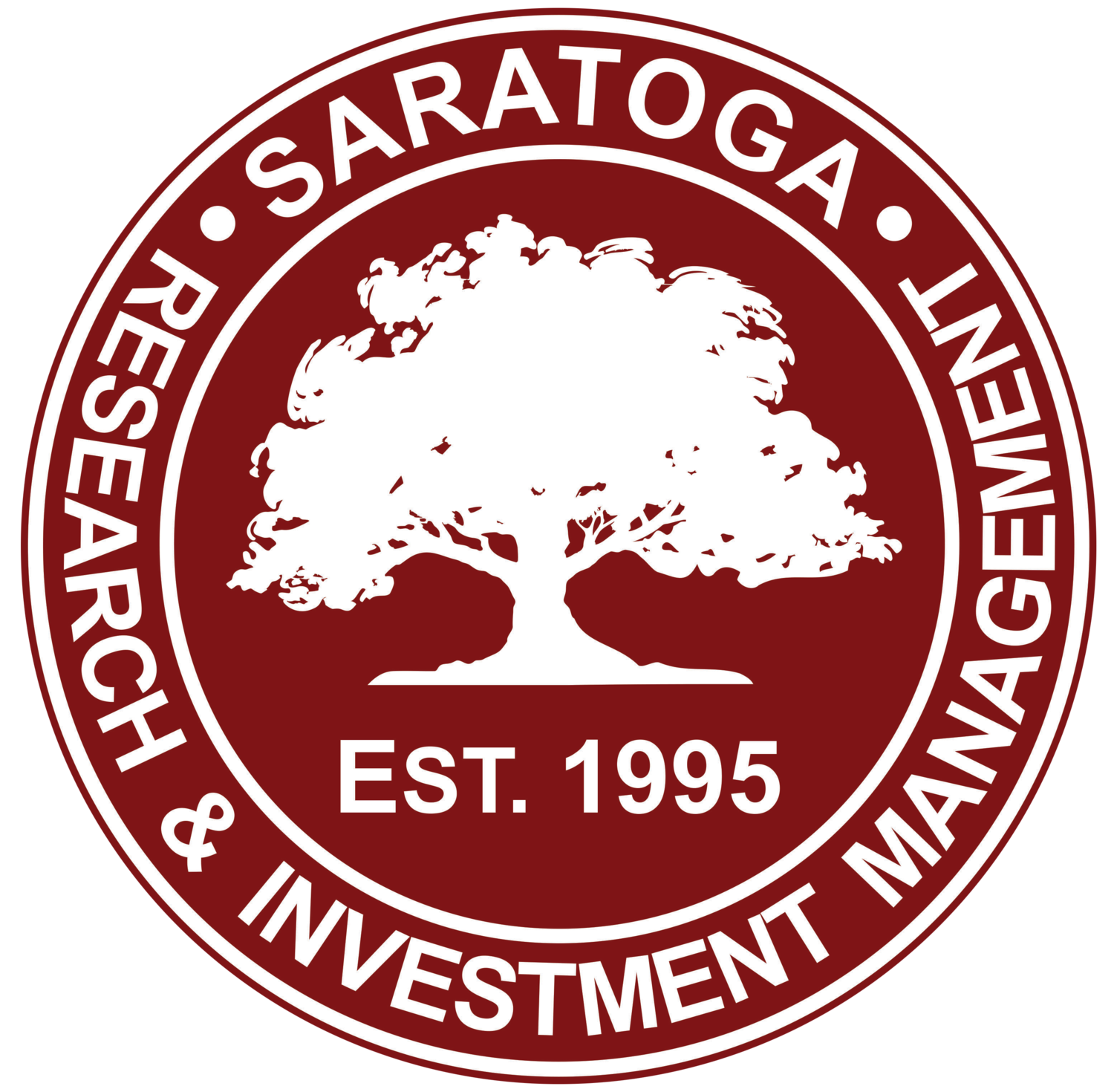CPA Disclosure
Certified Public Accountants (CPAs) are licensed and regulated by their state boards of accountancy. While state laws and regulations vary, the education, experience and testing requirements for licensure as a CPA generally include minimum college education (typically 150 credit hours with at least a baccalaureate degree and a concentration in accounting), minimum experience levels (most states require at least one year of experience providing services that involve the use of accounting, attest, compilation, management advisory, financial advisory, tax or consulting skills, all of which must be achieved under the supervision of or verification by a CPA), and successful passage of the Uniform CPA Examination. In order to maintain a CPA license, states generally require the completion of 40 hours of continuing professional education (CPE) each year (or 80 hours over a two year period or 120 hours over a three year period). Additionally, all American Institute of Certified Public Accountants (AICPA) members are required to follow a rigorous Code of Professional Conduct which requires that they act with integrity, objectivity, due care, competence, fully disclose any conflicts of interest (and obtain client consent if a conflict exists), maintain client confidentiality, disclose to the client any commission or referral fees, and serve the public interest when providing financial services. The vast majority of state boards of accountancy have adopted the AICPA’s Code of Professional Conduct within their state accountancy laws or have created their own.
